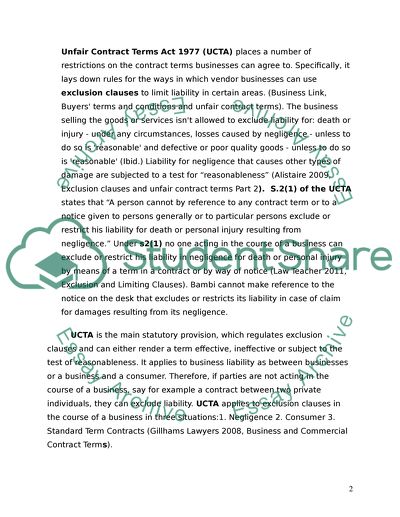Cite this document
(“Introduction to business law Coursework Example | Topics and Well Written Essays - 1750 words”, n.d.)
Retrieved from https://studentshare.org/finance-accounting/1419510-introduction-to-business-law
Retrieved from https://studentshare.org/finance-accounting/1419510-introduction-to-business-law
(Introduction to Business Law Coursework Example | Topics and Well Written Essays - 1750 Words)
https://studentshare.org/finance-accounting/1419510-introduction-to-business-law.
https://studentshare.org/finance-accounting/1419510-introduction-to-business-law.
“Introduction to Business Law Coursework Example | Topics and Well Written Essays - 1750 Words”, n.d. https://studentshare.org/finance-accounting/1419510-introduction-to-business-law.


